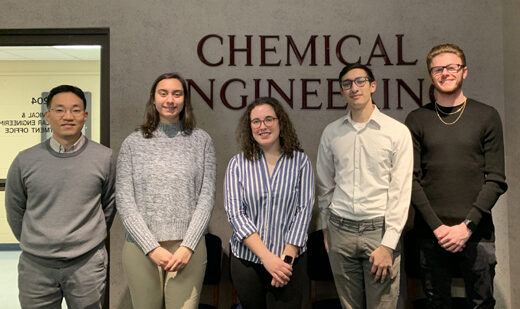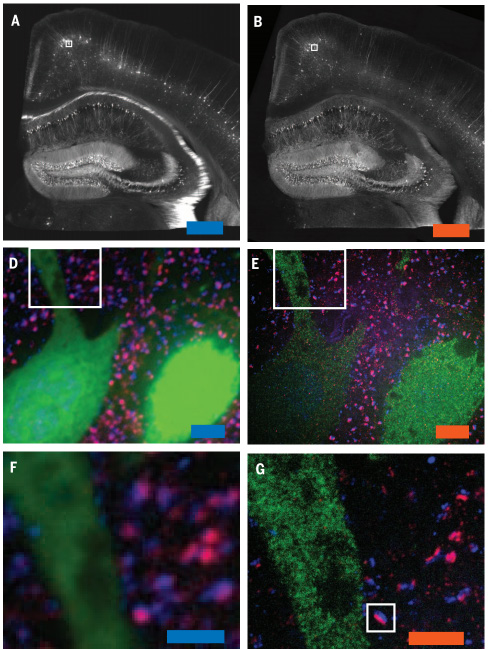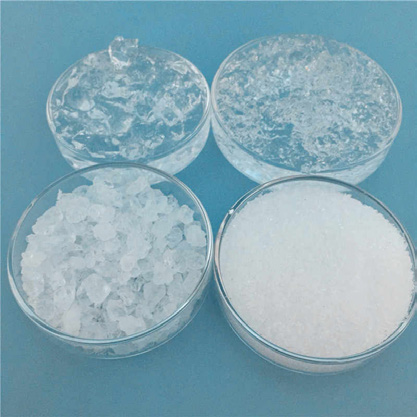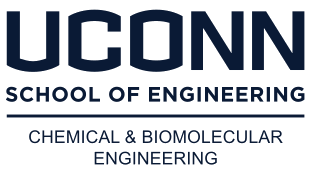
Figure 1

Figure 2

Chemical and Biomolecular Engineering
Team 8
Team Members |
Faculty Advisor |
Ashley Coon |
Yongku Cho Sponsor Chemical and Biomolecular Engineering |
sponsored by

Expansion microscopy is an up-and-coming technology performed using a superabsorbent polymer to expand the contents of desired biological samples for view under a microscope. The project goal was to achieve a fourfold volumetric expansion of a polymer in 15 minutes, while having a quantitative way to measure the uniformity in 3D space. Initially, an experiment was designed to create the polymer matrix and crosslink the polymer to E. coli samples. Iterations of tests were run using two polymer types and two solvent types to determine how the swelling rate is affected. Isotropic expansion was tested by measuring the dimensions of the sample on a grid before and after water was added to the sample. The Flory-Rehner theory was used to model the kinetics of the polymer swelling in response to the addition of water to the crosslinked system. One obstacle faced throughout the project was fulfilling the desire for an environmentally conscious polymer alternative. Sodium polyacrylate, used in some polymer expansion applications, is harmful to aquatic environments and potentially carcinogenic to humans. To accommodate this potential harm, we researched and tested a more environmentally friendly polymer and compared its swelling abilities to sodium polyacrylate. This project provided opportunities to learn more about expansion microscopy and other applications for expanding polymers.
